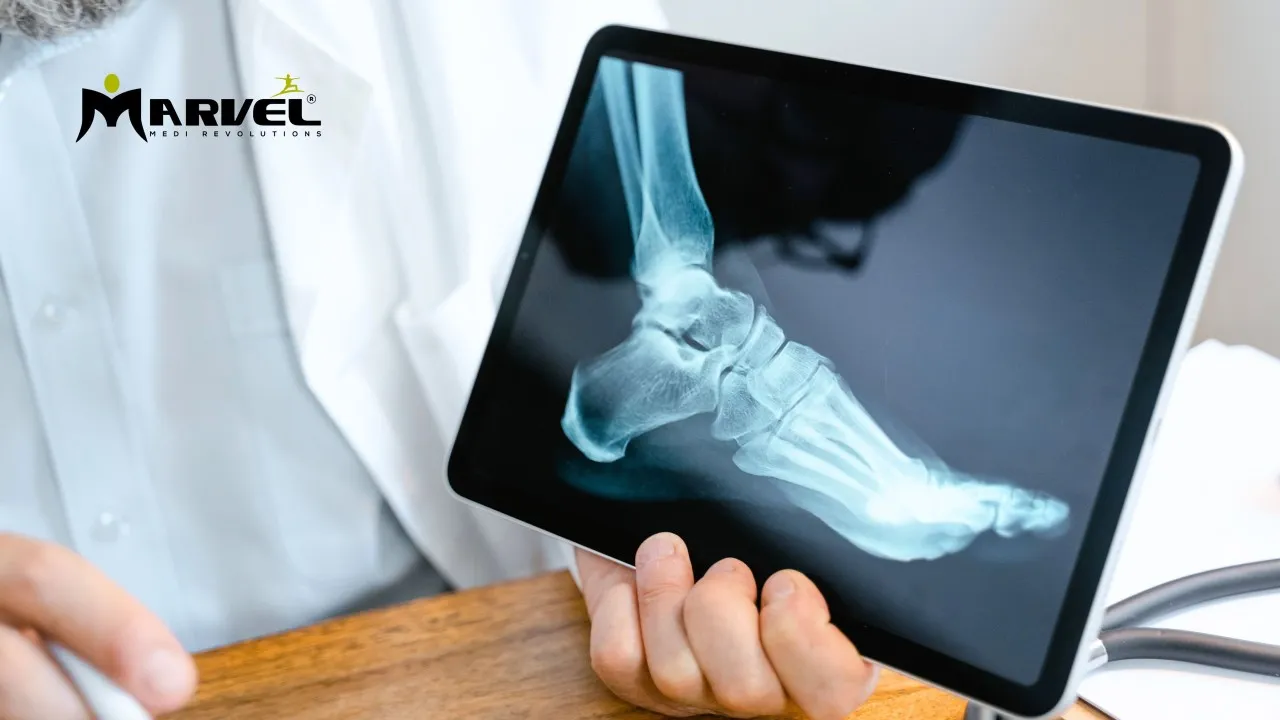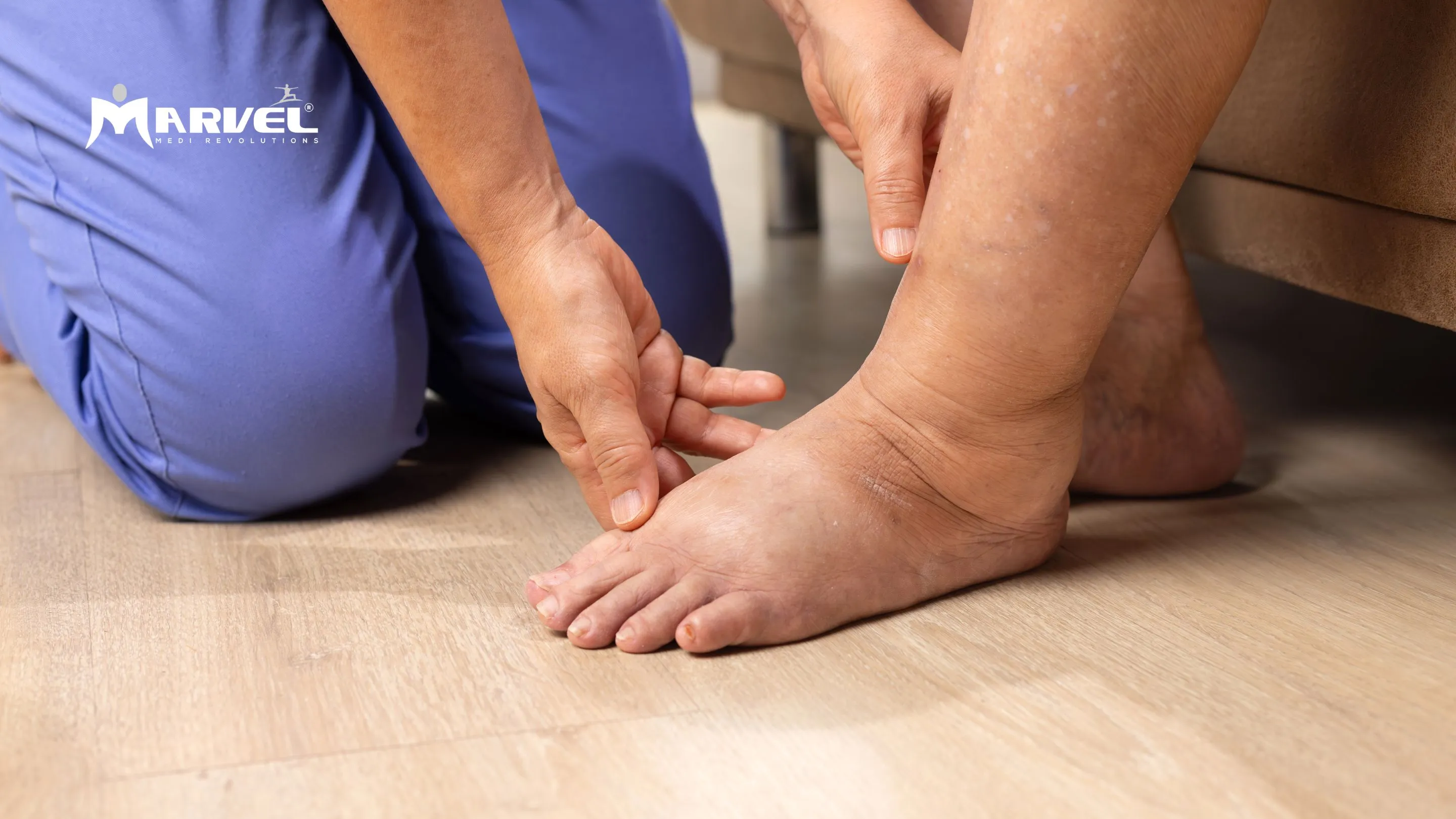When we think of stress, we often picture tense shoulders, sleepless nights, or emotional burnout. But did you know that stress can also sneakily chip away at your bone health?
Yes, that nagging tension doesn’t just mess with your mood - it may also be quietly weakening your bones. Let’s break down the surprising link between chronic stress and bone health, and discover simple remedies to keep your skeleton strong and stress in check.
The Stress-Bone Connection: More Than Skin Deep
Stress isn’t just in your head - it has very real effects on your body. When stress becomes chronic, it sets off a domino effect that can compromise bone strength.
Here's how:
- Cortisol Overload: Prolonged stress raises cortisol (the stress hormone), which interferes with the body’s ability to build and maintain strong bones.
- Inflammation on the Rise: Chronic stress fuels inflammation, a known contributor to bone loss and osteoporosis.
- Nutritional Neglect: Stress often leads to poor eating habits, resulting in deficiencies in key bone-building nutrients like calcium and vitamin D.
- Hormonal Havoc: Stress can disrupt hormones critical for bone regeneration and repair, accelerating bone deterioration over time.
What's at Stake?
Unchecked stress doesn’t just make you feel off - it can physically weaken your bones, leading to:
- Reduced bone density
- Early onset of osteoporosis
- Higher risk of fractures - especially in older adults
In short, if stress sticks around for too long, your bones might end up paying the price.
Strengthen Your Bones. Calm Your Mind.
The good news? You don’t need a complete lifestyle overhaul to protect your bones. Start small, with these science-backed strategies:
- Relax and Reset: Incorporate stress-busting habits like yoga, mindfulness meditation, or deep breathing into your routine. Just 10 minutes a day can make a difference.
- Move with Purpose: Regular weight-bearing exercises like walking, dancing, or strength training promote bone density and help manage stress.
- Feed Your Frame: Eat a well-balanced diet rich in calcium, vitamin D, magnesium, and protein to nourish your bones from within.
- Prioritize Sleep: Your bones rebuild and repair during rest. Aim for 7–8 hours of quality sleep every night.
- Smart Supplementation: Talk to your healthcare provider about supplements like vitamin D, omega-3s, or magnesium if you’re not getting enough from your diet.
Final Thoughts: Protect Your Calm, Protect Your Bones
Stress may be invisible, but its effects on your bones are very real. The silver lining? You have the power to fight back. With mindful living, the right nutrition, and consistent movement, you can safeguard your bones while calming your mind.
Because resilience isn’t just mental - it’s structural too!






